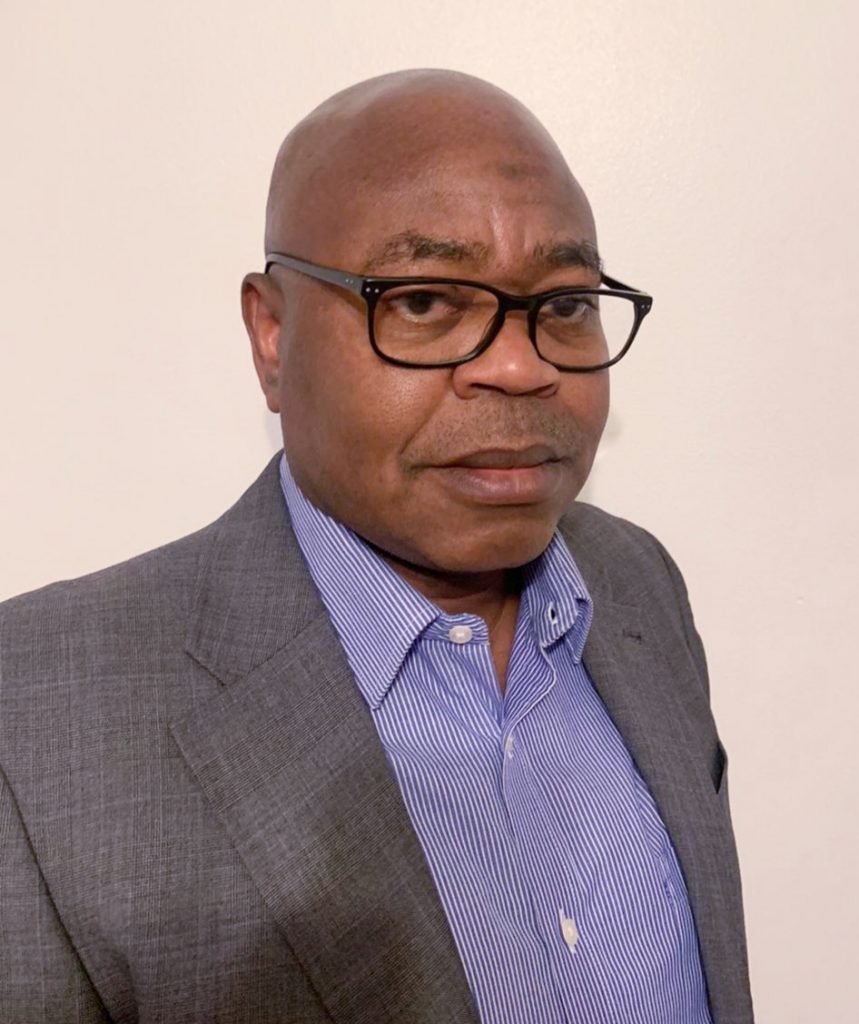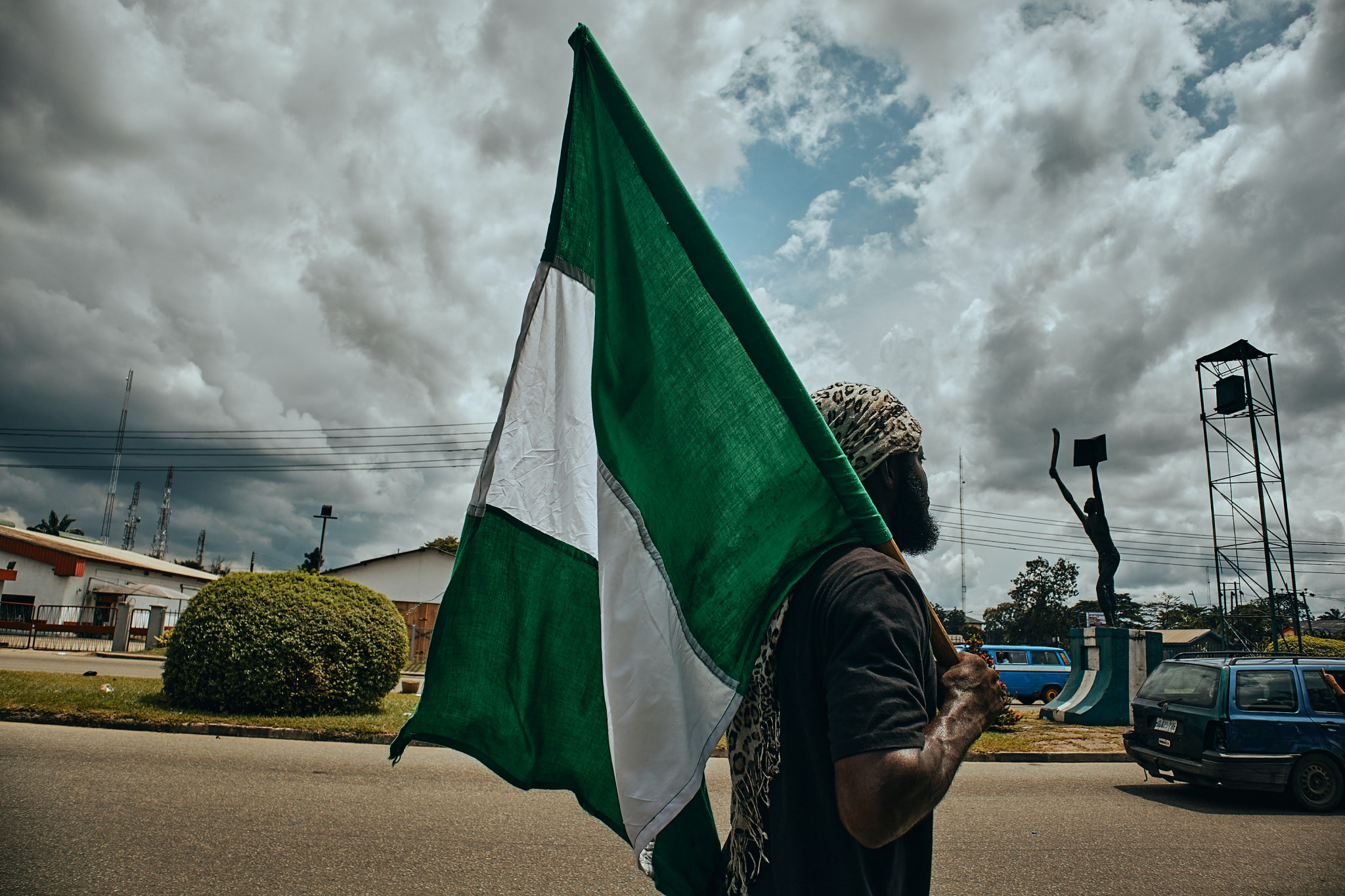Dr Dele Babalola reflects on the results of the recent elections in Nigeria.
As the second term of the incumbent president, Muhammadu Buhari gradually winds down, Nigerians went to the polls on Saturday 23 February 2023 to elect a new president, 109 senators, and 360 members of the House of Representatives to steer the ship of the multi-ethnic and multi-religious country for another four years. Nigeria, a federation of 36 states operates the American-style executive presidential system with a bicameral legislature at the federal level.
Nigeria is the most populous country in Africa with about 200 million people and is the most diverse with about 350 ethnic groups. The country is also the largest economy and the largest democracy in the region.
Eighteen candidates competed for the office of president but the main contenders were the former governor of Lagos state (1999-2007), Bola Tinubu of the ruling party, the All Progressive Congress (APC); Atiku Abubakar, a former vice president (1999-2007) of the main opposition party, the People’s Democratic Party (PDP); and Peter Obi, a former governor of Anambra state (2006-2014) who contested on the platform of the lesser known party, the Labour Party (LP). For the first time since the return to democratic rule in 1999, the presidential election was a three-horse race. Previous elections in the post-military era were usually two-horse races.
The keenly contested presidential election, which was won by Bola Tinubu, took place amidst a severe cash crunch caused by the redesigned currency notes, which the Federal Government claimed was aimed at curbing vote-buying during the election. The scarcity of cash and attendant harsh economic condition eventually contributed to the low voter turnout the election recorded. About 25 million people voted out of the 87 million eligible voters, amounting to only 29%.
Of paramount importance is that the election is about the direction of the country which is currently facing multiple challenges, ranging from a lack of unity, a weak economy, and poverty to insecurity. The challenges ahead of the incoming president are gigantic but not insurmountable.
Today, Nigeria is more divided along ethnic and religious lines. Election results reflect a voting pattern largely determined by religion and ethnicity. Therefore, the emergent president must work hard to unite the country.
Although Africa’s largest economy, Nigeria’s economy is in bad shape as youth unemployment, poverty and hunger are on the rise. Nigeria is one of the largest producers of oil but despite its colossal oil-generated wealth, the country is paradoxically one of the poorest in the world and its citizens rank among the poorest. Nigeria’s youth population is growing, and so is youth unemployment. Unemployment amongst the youth has contributed to increasing organised crime like drug trafficking, kidnapping for ransom, extortion and so forth. Nigeria is presently grappling with multiple forms of insecurity.
Nigerians went to the polls to elect leaders who will be able to get the economy on a sound footing and address the issues of insecurity, youth unemployment and poverty. It is hoped that President Tinubu will be able to live up to these expectations.

Dr Dele Babalola is a Senior Lecturer in Politics and International Relations at Canterbury Christ Church University. His research focuses on federalism and political economy; particularly ethnicity, democracy and terrorism in Nigeria. He teaches on our undergraduate and postgraduate degrees and welcomes applications from PhD students interested in similar research themes.
Cover Photo by Emmanuel Ikwuegbu on Unsplash
 Politics
Politics Laura Cashman
Laura Cashman 1364
1364


